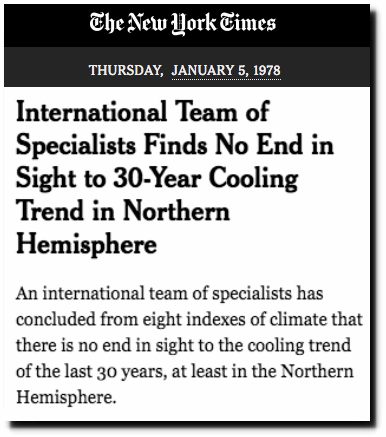You are a decent and fair-minded person. You strive always to treat all people fairly and with dignity. In your heart of hearts, you know that you are not a racist, nor a sexist. But you also know that these are highly charged times. In spite of your pure heart and your very best efforts, you still fear that someone might unfairly accuse you of making a racist or sexist remark or slur. You want to avoid even the slightest appearance of engaging in racism or sexism.
And yet, it has become so complicated these days. Accusations fly everywhere, sometimes over words that to you seemed completely innocent. What to do? You need some guidance!
To help you, the Manhattan Contrarian has put together this weekend's Manhattan Contrarian Quiz. Take the Quiz. Study the answers. You will then know all there is to know about what is and is not racist and sexist in today's world.
The Quiz consists of ten questions, each of which is either an actual quotation or a hypothetical fact situation. For each question, you are to answer whether the posited fact situation or quotation does or does not demonstrate racism and/or sexism. Answers, and explanations, below the fold. One point for each correct answer!
Question 1: You say, "I believe the most qualified person should get the job."
Question 2: Teacher "polices the language" of students in class, and insists that they do not curse.
Question 3: "Dumbass fucking white people marking up the internet with their opinions like dogs pissing on fire hydrants. #CancelWhitePeople."
Question 4: You ask a new acquaintance, “Where are you from?” or “Where were you born?”
Question 5: Teacher disciplines student for sleeping in class.
Question 6: "I don't give a, I don't give a, I don't give a fuck. I'm willin' to die for this shit. I done cried for this shit, might take a life for this shit. Put the Bible down and go eye to eye for this shit . . . If I gotta slap a pussy-ass nigga, I'ma make it look sexy."
Question 7: "Off a whole gram of molly, and my bitch think I'm trippin'. Now I'm clutchin' on my forty, all I can think about is drillin'. I hate fuck shit, slap a bitch nigga, kill a snitch nigga, rob a rich nigga."
Question 8: "Off a whole gram of molly, and my bitch think I'm trippin'. Now I'm clutchin' on my forty, all I can think about is drillin'. I hate fuck shit, slap a bitch nigga, kill a snitch nigga, rob a rich nigga."
Question 9: "Son, when I appoint a n***er to the court, I want everyone to know he's a n***er."
Question 10: "Look at my African-American over there!"
Read More

